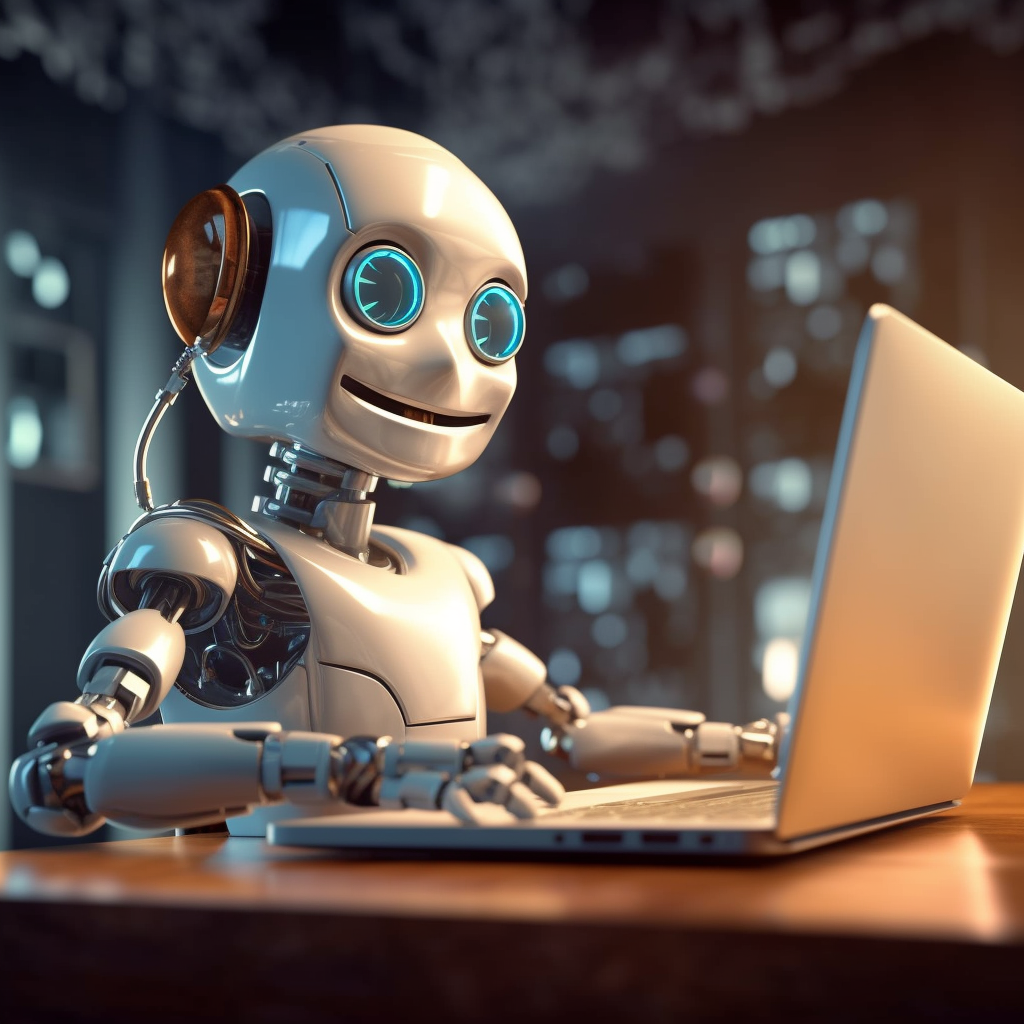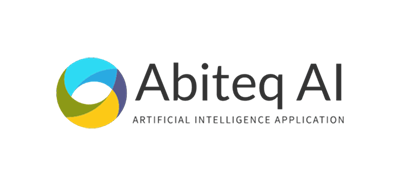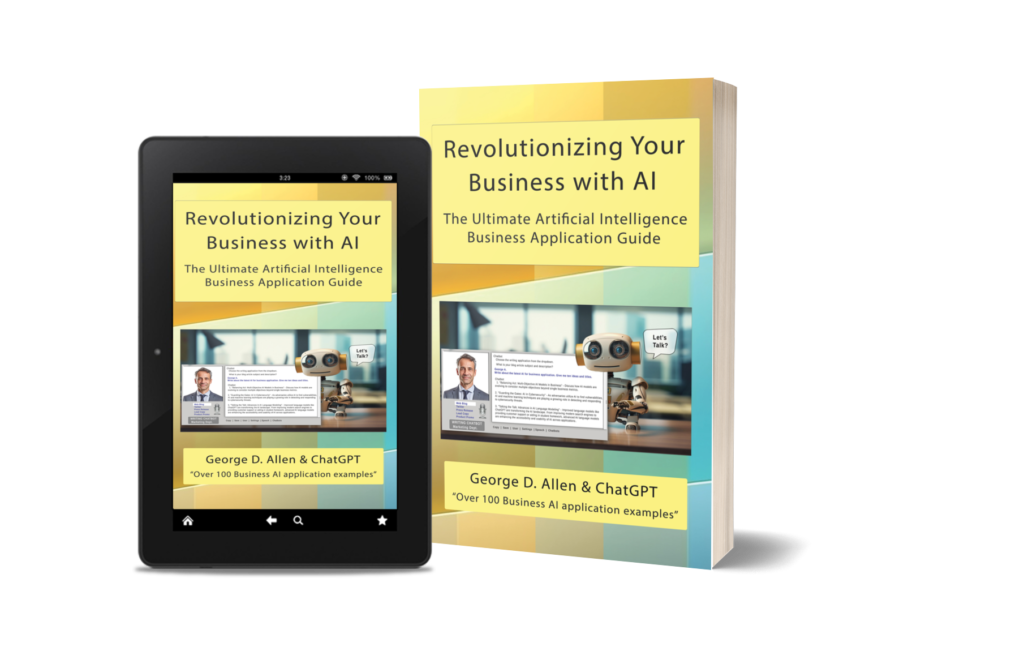Today, we’re embarking on a fascinating journey—a voyage into the future, to be precise. We’ll be envisioning a world two years hence, exploring how our interactions with AI like ChatGPT might evolve and how this evolution might impact our personal and professional lives. As always, we’ll be keeping the tone friendly and professional—after all, we’re discussing the future of our workplaces!
Smoothing the Conversation
Two years from now, we can expect our conversations with AI to be even more seamless and intuitive. Advances in natural language understanding will mean AI can comprehend complex instructions, nuances, and even cultural references more effectively. This will lead to a more ‘human-like’ interaction, helping to reduce any lingering apprehension about talking with a machine.

Imagine being able to ask your AI assistant, “Could you draft an email that captures the same excitement as the launch event yesterday?” and receiving a spot-on draft that reflects the enthusiasm of the occasion. Such precise understanding and execution of tasks will become the norm, saving you time and effort.
A More Personalized Experience
AI will continue to develop in ways that allow it to provide a more personalized experience. However, rest assured that this doesn’t mean AI will ‘know’ you in the way a human colleague might. AI doesn’t have feelings or consciousness; instead, it uses patterns and preferences to adapt its responses.
For example, if you frequently ask your AI assistant for daily briefing emails in a concise, bullet-point format, over time it will learn to present information in that style without needing specific prompting. This ability to adapt to your preferences will make your interactions smoother and more efficient.
Expanding Capabilities
The capabilities of AI are expected to grow exponentially. We can anticipate AI like ChatGPT being able to handle more complex tasks, such as project management, financial forecasting, or even content strategy. This would mean you could delegate more tasks to your AI assistant, freeing up your time to focus on higher-level strategic decisions.
Picture this: You’re working on a major project and you ask ChatGPT, “Can you create a project timeline, schedule team meetings for each milestone, and draft an email update to the stakeholders?” Two years from now, such multi-step, complex requests could very well be within the capabilities of AI assistants.
Emotional Reactions and Trust
As interactions with AI become more commonplace and their capabilities continue to grow, humans will likely become more comfortable and trusting in their AI interactions. While it’s important to remember that AI doesn’t have emotions or personal motivations, its ability to understand and mimic human language patterns can create a feeling of companionship.
This increased comfort and trust in AI will make it an even more integral part of our professional lives. As a businessperson, having an AI assistant you trust and rely on will allow you to work more effectively, leveraging the AI’s capabilities to increase productivity and improve decision-making.
Looking Forward
The future of AI is full of potential. As we look ahead, we can anticipate a world where AI like ChatGPT plays a substantial role in our professional lives, enhancing our productivity and transforming the way we work. As we embark on this exciting journey, let’s remember to embrace the opportunities, stay adaptable, and keep exploring the possibilities. The future is just around the corner, and it’s looking bright!

